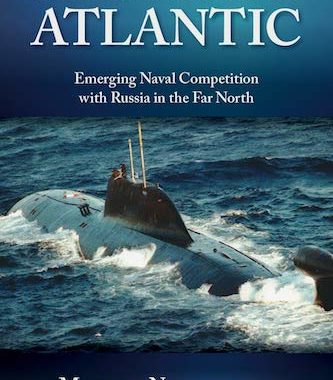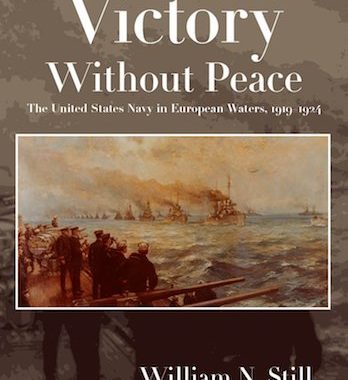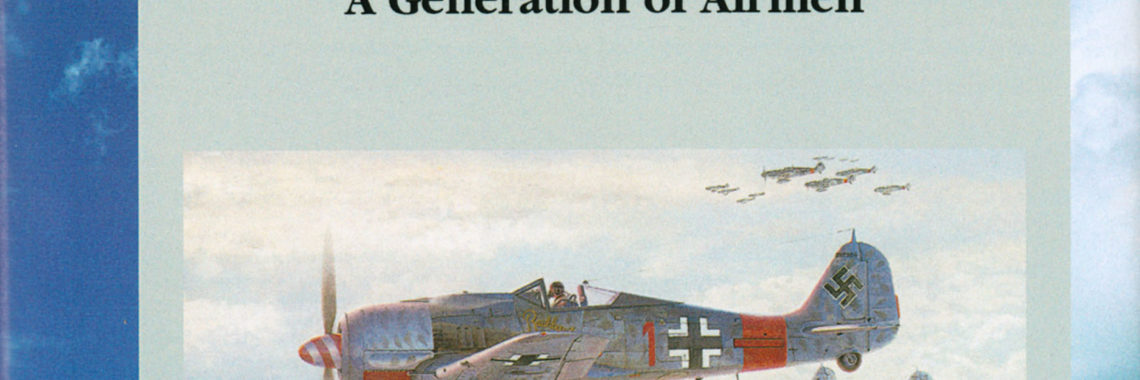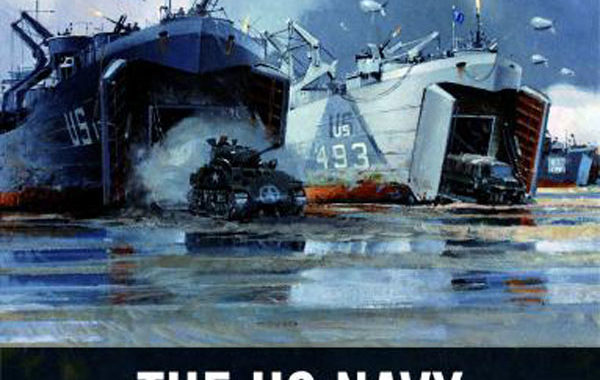The New Battle for the Atlantic
In this fast paced and well researched volume, the author assesses the challenges arising from a revanchist Russia following the annexation of the Crimea by Russia in 2014. It examines the causes and possible course of what he sees as the “fourth battle of the Atlantic”. The United States and their allies, including NATO, are





